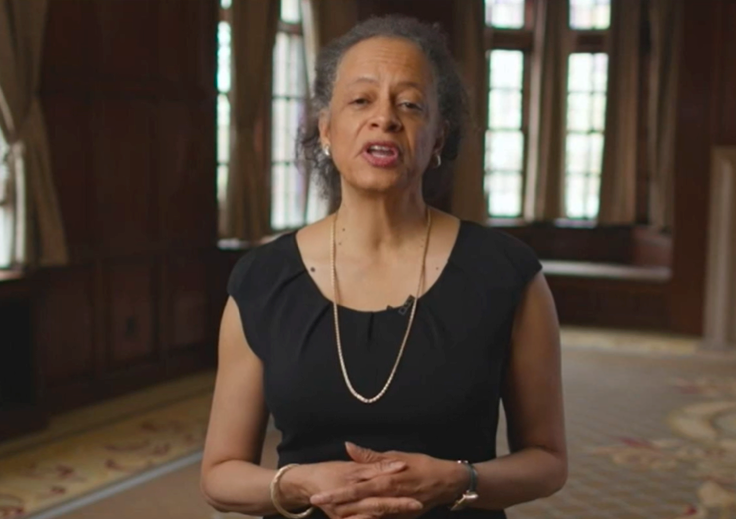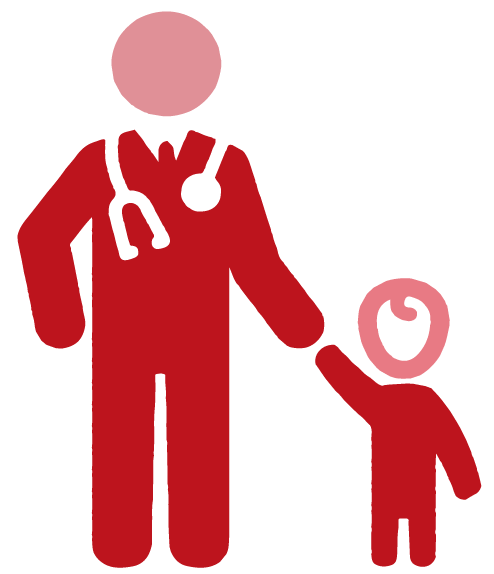
Welcome to 2021 ASCO Annual Meeting

Lori J. Pierce, 2020–2021 ASCO President
The 2021 ASCO Annual Meeting, now in its 57th year, took place under a virtual format for a second year on 4–8 June 2021 due to the ongoing impact of the COVID-19 pandemic. This year’s presidential theme was ‘Equity: Every Patient. Every Day. Everywhere,’ which aimed to highlight the importance for oncologists to use this moment of cancer progress to be certain that health equity in cancer care becomes a reality for all patients. Opening the meeting, ASCO President Lori J. Pierce highlighted this year’s focus on a critical safe path forward and asked attendees to identify ways to ensure that all patients can access and benefit from the latest cancer advances and high-quality cancer care. Dr Pierce noted that over the past year, the COVID-19 pandemic has highlighted the pervasive and unjust health inequities that exist all over the globe. Whether barriers result from geography, race/ethnicity, age, sexual orientation and gender identity, health insurance, culture, or trust – or all of these, she added that physicians have a responsibility to meet them head on.
“Together, we need to confront and address complex forces and systems that have created disparities in cancer care, treatment, and research.”
Lori J. Pierce, 2020–2021 ASCO President

Paediatric oncology
Treatment

While NGS assays are now a standard part of clinical care for many adult solid tumours, the significance of molecular tumour profiling in the treatment of children with cancer remains poorly understood. Allana Church, Boston Children’s Hospital, Boston, USA, presented first results from the GAIN/iCAT2 Consortium study (NCT02520713) in 389 participants (of an estimated 825 patients) which demonstrated the importance of molecular profiling solid tumours in young patients. The GAIN/iCAT2 Consortium study is a prospective cohort study enrolling patients at 12 institutions in the USA with relapsed, refractory, or high-risk extracranial solid tumours. Targeted DNA NGS was performed on ≥1 tumour samples from each patient with genomic alterations classified according to evidence of impact on diagnosis, prognosis, or response to targeted therapy matched to an identified alteration (matched targeted therapy [MTT]) using established guidelines. Response to MTT was determined and reported as a response if there was either radiographic response according to RECIST or therapy duration was >4 months. Molecular tumour profiling (MTP) was successful in 345 (89%) patients (mean age 11 years at diagnosis; 65% with sarcoma):

Key data from the GAIN/iCAT2 Consortium study
Of the 240 patients with tumours harbouring genomic alterations designated as having therapeutic impact, 23 (11%) had Tier 1 molecular findings (clinical evidence same/similar alteration, same disease). In total, 205 patients were eligible to receive MTT based on having a molecular alteration with therapeutic significance and sufficient follow-up; 31 of these patients (15%) received MTT. Six patients receiving MTT responded, all of whom had received targeted therapy matched to a fusion.
“Molecular tumour profiling has a significant impact on diagnosis and treatment recommendations for young patients with solid tumours.”
“These results emphasise the importance of fusion detection for patients with sarcomas and rare tumours.”
Allana Church, Boston Children’s Hospital, Boston, USA
Closing Remarks
As a virtual event for the second year running, the 2021 ASCO Annual Meeting continued to provide the unique and unparalleled opportunity to connect one of the largest, most diverse audiences in global cancer care, along with enabling wider access to ground-breaking science and practice-changing research in oncology, the latest trends in clinical application, and treatment and insights on equitable cancer care. It is expected that more than 42,000 delegates from 138 countries will have accessed content during this year’s meeting.
©Springer Healthcare 2021. This content has been independently selected and developed by Springer Healthcare and licensed by Roche for Medically. The topics covered are based on therapeutic areas specified by Roche. This content is not intended for use by healthcare professionals in the UK, US or Australia. Inclusion or exclusion of any product does not imply its use is either advocated or rejected. Use of trade names is for product identification only and does not imply endorsement. Opinions expressed do not reflect the views of Springer Healthcare. Springer Healthcare assumes no responsibility for any injury or damage to persons or property arising out of, or related to, any use of the material or to any errors or omissions. Please consult the latest prescribing information from the manufacturer for any products mentioned in this material.